The past year was good for my reading. I finished around 40-50 books, and there were plenty more that I started but did not finish. (Not finishing books is a good thing!)
Below are some of my favorites I read this year:
1. Why Knowledge Matters by E.D. Hirsch
I previously reviewed Hirsch’s controversial 1988 bestseller, Cultural Literacy. In this 2016 book, Hirsch presents a sweeping curriculum change in French schools as evidence that misguided educational theories are undermining our children’s learning.
Hirsch argues that schools have been seduced by three intuitively appealing but ultimately unsound ideas:
- A focus on skills over knowledge. Schools spend more time on reading comprehension “skills” such as “finding the main idea” or “close reading” of texts. But the science suggests these skills don’t really exist beyond what can be taught with a few hours of practice. Being a good reader relies on having a lot of background knowledge, which is deemphasized in skills-based curricula.
- A focus on the individual over the community. The skill-based focus arises because there is no definitive curriculum or canon for language arts. We’ve abandoned the idea that education ought to teach students a core set of commonly held knowledge, to the detriment of disadvantaged students, Hirsch contends.
- A focus on natural development over education. The idea that education ought to be “natural” has roots as far back as Rousseau. But Hirsch argues it is a mistake—that our nature is cultural, and so a failure to teach a shared culture has harmed students who don’t have access to that culture in their home environment.
Hirsch’s remedy is “domain immersion,” or, to put it another way, teaching knowledge about the world. What knowledge? Hirsch is open here, but he argues that all students ought to be taught whatever knowledge is expected to be known by members of educated society.
2. Psych by Paul Bloom
You don’t need to learn the history of physics to understand physics. While learning more about Einstein’s work on the photoelectric effect or Maxwell’s studies of electromagnetism can be edifying, you don’t need to know about them to learn the physics these experiments proved. The underlying theory is all that’s required to understand physics.
Psychology isn’t like this. There’s no deep undercurrent of theory that ties everything together. Instead, the picture of psychology as a discipline is like a pointillist painting, where you can squint to see the totality only through reference to thousands of tiny dots.
Despite having read a few bookshelves worth of academic psychology texts, I enjoyed Yale professor Paul Bloom’s survey of the field. Because understanding psychology cannot be divorced from understanding its history, I enjoyed Bloom’s birds-eye view of the field from the past to the present day.
3. How We Reason by Philip Johnson-Laird
We reason by creating mental models of the world. That may not sound surprising, but it has plenty of interesting implications for understanding how we think.
I had read Johnson-Laird’s original work, Mental Models, last year. It was nice to see an in-depth follow-up on how the theory has developed in the subsequent two decades.
In a future post, I’m going to have a full summary of Johnson-Laird’s book, and what the theory implies.
4. Creativity in Science by Dean Simonton
Creativity is a tricky subject to study. Experimentalists tend to focus on relatively mundane acts of creativity, such as divergent thinking or alternative uses for everyday objects. But this approach is far removed from the great insights of artists, scientists and inventors we typically laud as creative. Theoreticians, in contrast, spend time creating computer simulations of creative thought—often reducing creativity to mechanical problem-solving.
Psychologist Dean Simonton’s work in this field is unusual due to his largely historical focus on creativity. Instead of gathering data from experiments or simulations, he has studied data sets drawn from the works and biographies of creative individuals.
This book surveys theories of creativity, contrasting four competing explanations: expertise, genius, society, and chance, in offering a model for how creativity works. Simonton’s work provides a nice hybrid between the purely anecdotal work of biographers and the data-driven work of experimental scientists.
5. Cognitive Behavior Therapy by Judith Beck
Cognitive behavioral therapy (CBT) is considered the gold standard for psychological therapy. I recently reviewed Beck’s book, which is written as a practical guide for therapists implementing CBT.
While CBT is undoubtedly effective, it’s unclear exactly what the active ingredient is. The classic theory focuses on the cognitive (or “C”) part, namely that depressed/anxious people suffer from distorted beliefs, and these cognitive failures tend to form self-sustaining patterns.
However, some critics argue that these flawed beliefs may be caused by overactive emotional circuitry that operates outside of consciousness. Pure exposure therapy, for instance, tends to do roughly as well as exposure-plus-cognitive therapy for anxiety disorders. If this is true, then it may be the “B” or behavior change component that is more directly responsible for patient results.
6. How Languages are Learned by Patsy Lightbown and Nina Spada
Reading summaries of domain-specific research is part of my goal to deepen my understanding of the science of learning. While plenty of books offer theories on learning, in general, it helps to gird those takeaways with more detailed work from different fields.
To that end, I read a few different books from the field of second language acquisition (SLA) over the summer, and even wrote a review of How Languages are Learned.
Language learning occupies an unusual place in learning theory. People learn their native languages with few failures and little instruction. Yet, most people struggle to learn foreign languages in school (and many immigrant adults fail to learn the language of their adoptive country). General-purpose learning theories, like cognitive load theory, draw a sharp distinction between skills we innately acquire and those that require schooling. So where do second languages fit into that scheme?
On the one hand, SLA research is fascinating and contains many unexpected findings. On the other hand, SLA seems even less amenable to a clear scientific consensus about what works than mathematics or reading, which are themselves beset by eternal controversies. Still, as someone who has spent years learning languages, it was fascinating to dive deeper into how it works!
7. The Science of Learning Physics by José Mestre and Jennifer Docktor
Along with languages, physics is another subject where many students conspicuously fail. Teaching students to think like physicists is a fiendishly difficult goal. Even students who ace exams often revert to folk theories when presented with real-life problems.
Mestre and Docktor tackle this challenge by reviewing the large body of literature on learning physics. I plan on writing a full review of their book, which I found to be a helpful summary.
8. The Republic by Plato
My interests are mainly contemporary, so I haven’t spent a lot of time reading the classics. I’d usually rather read a psychology textbook from the 21st century than try to parse out the (probably wrong) theories of philosophers who didn’t have access to experimental science.
But recently, I’ve been reconsidering this viewpoint. Objectively speaking, the classics aren’t likely to be the best source on any particular topic, but their longevity has embedded them into the background culture of all subsequent discussions.
To my surprise, I really enjoyed The Republic. It is both well-written and weird, which puts it above many other famous philosophical books that are too obscure to be easily read.
9. Social Learning Theory by Albert Bandura
Social Learning Theory is a difficult book to summarize, but it has profoundly impacted my thinking. Self-efficacy, which I’ve covered in-depth here, is just one of the big ideas.
Another big idea is the importance of learning from others. Behaviorists tended to view all actions as resulting from the reward-punishment contingencies associated with taking that action. Bandura helped shape the now-prevailing view in which reward contingencies shape motivation, but not learning beyond deciding what to pay attention to. In this view, motivation shapes which activites we choose to do, but knowledge—mostly gained from other people—shapes what our effective choices are.
10. Beginning to Read by Marilyn Jager Adams
Phonics is a hot topic these days, with prominent coverage in the New York Times and elsewhere. The push to follow the “science of reading” has attracted attention beyond the usual interest in niche educational topics.
There is an accumulation of evidence that systematic phonics instruction (where kids are taught and drilled on the sound-spelling correspondences in print) is superior to whole-language or “balanced” methods. This evidence has often been ignored, but now there is a stronger push towards phonics.
Given the topic’s newsworthiness, you’d expect the “science of reading” to be relatively new. But this controversy has been settled for decades. Jeanne Chall’s influential summary Learning to Read: The Great Debate was published in 1967! Marilyn Jager Adams’s extensive review of the literature concluded essentially the same thing in 1994.
In some ways, reading about the debate has made me more pessimistic about science-driven solutions in many areas of life. If experts can collect clear evidence that a particular approach is more effective, but that evidence is essentially ignored in practice for decades, it makes me less hopeful about other social reforms where the data points one way, but intuitions point in the other.


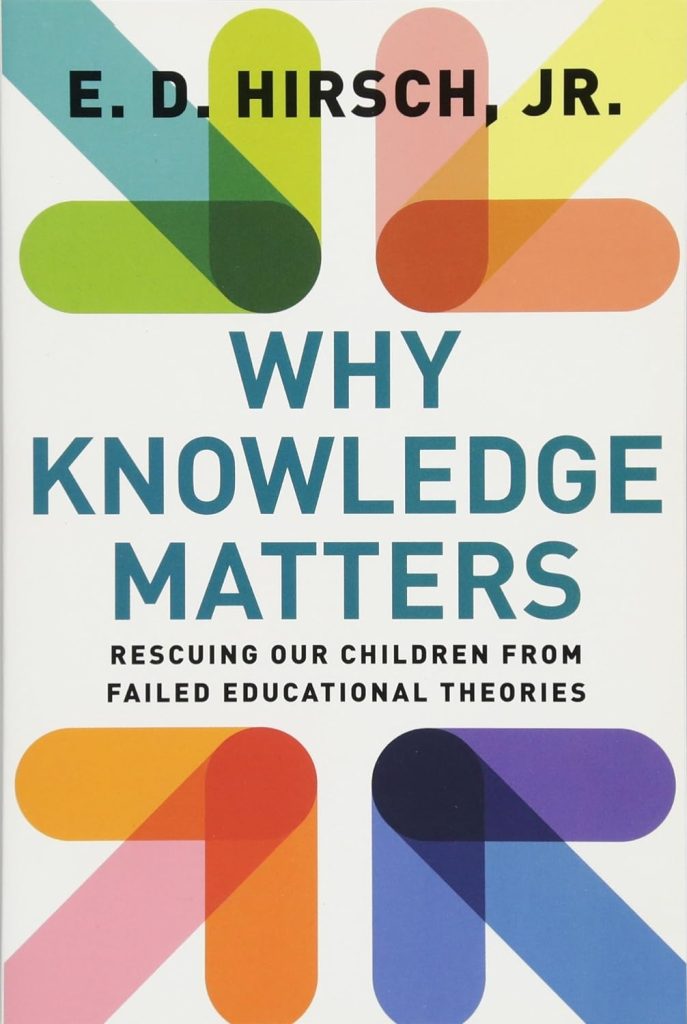
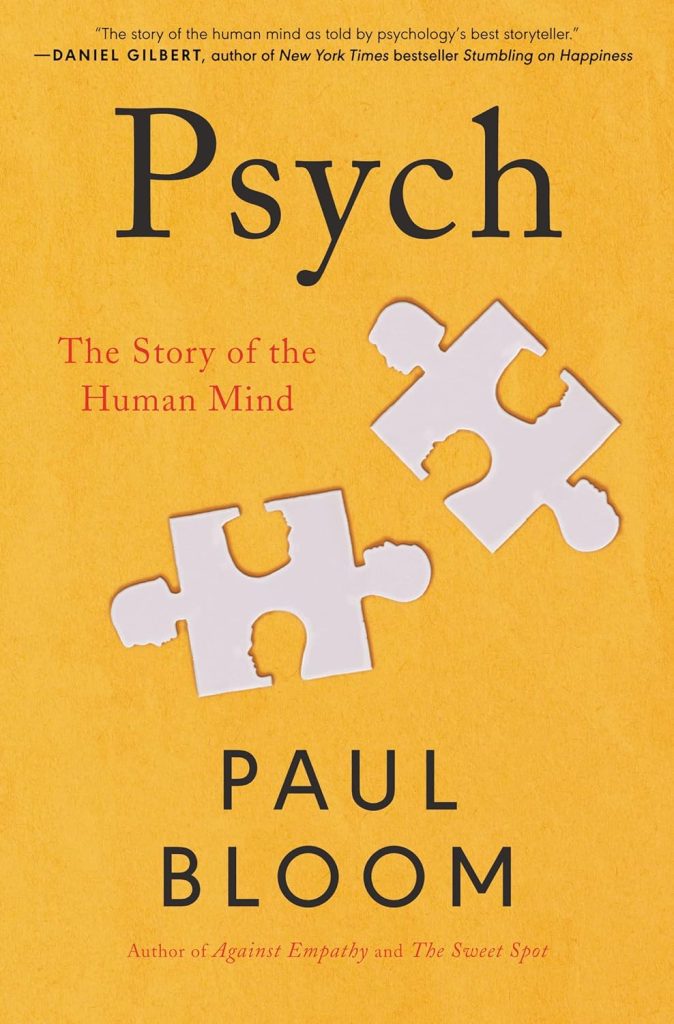
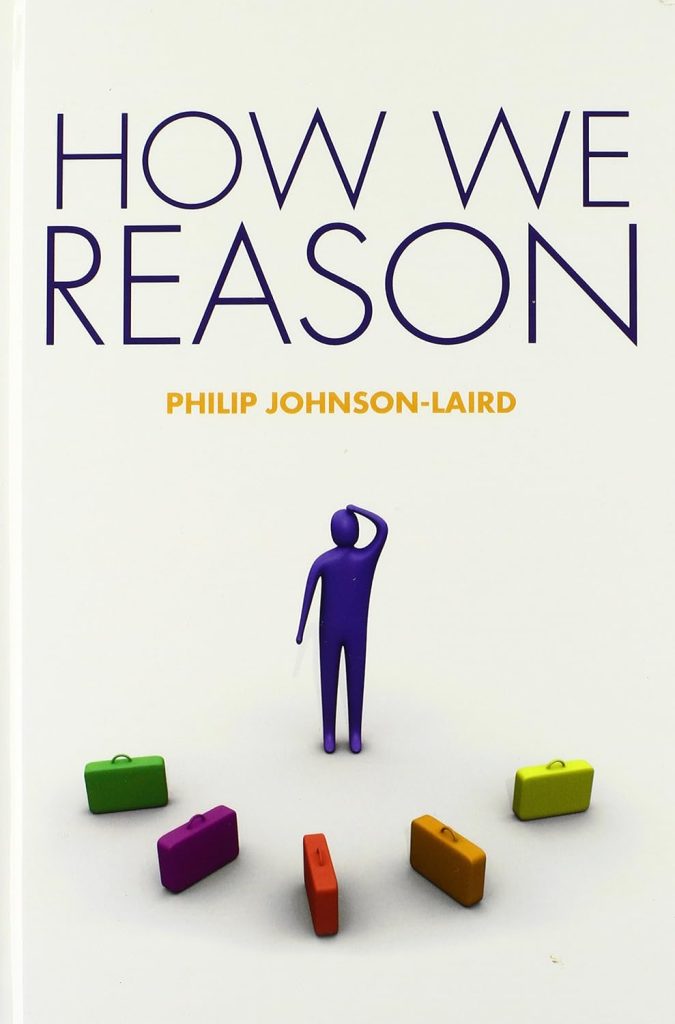
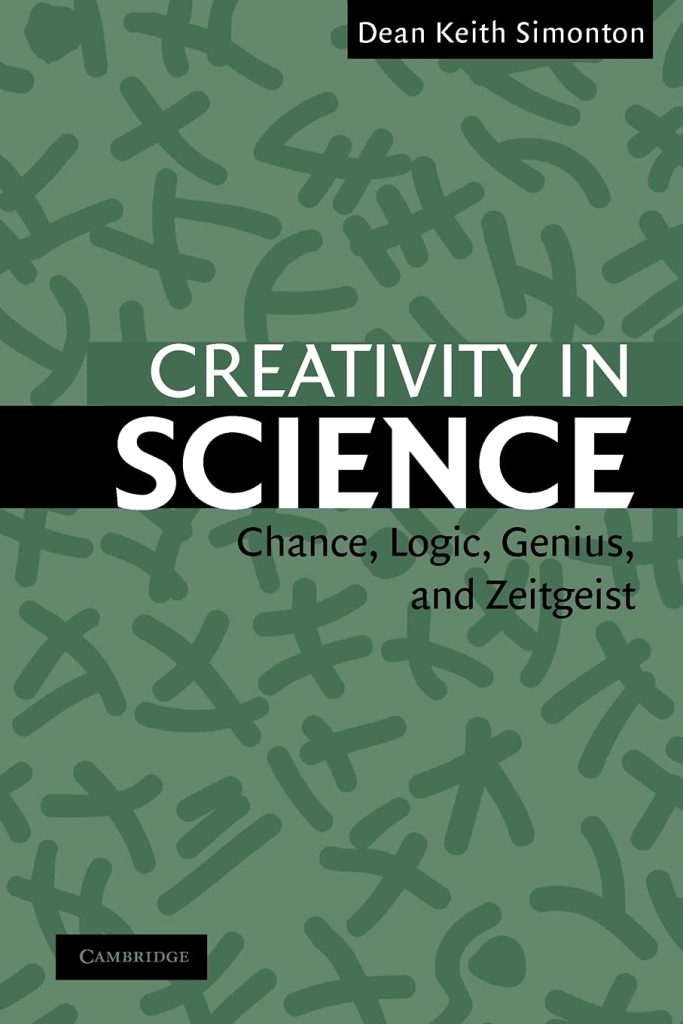
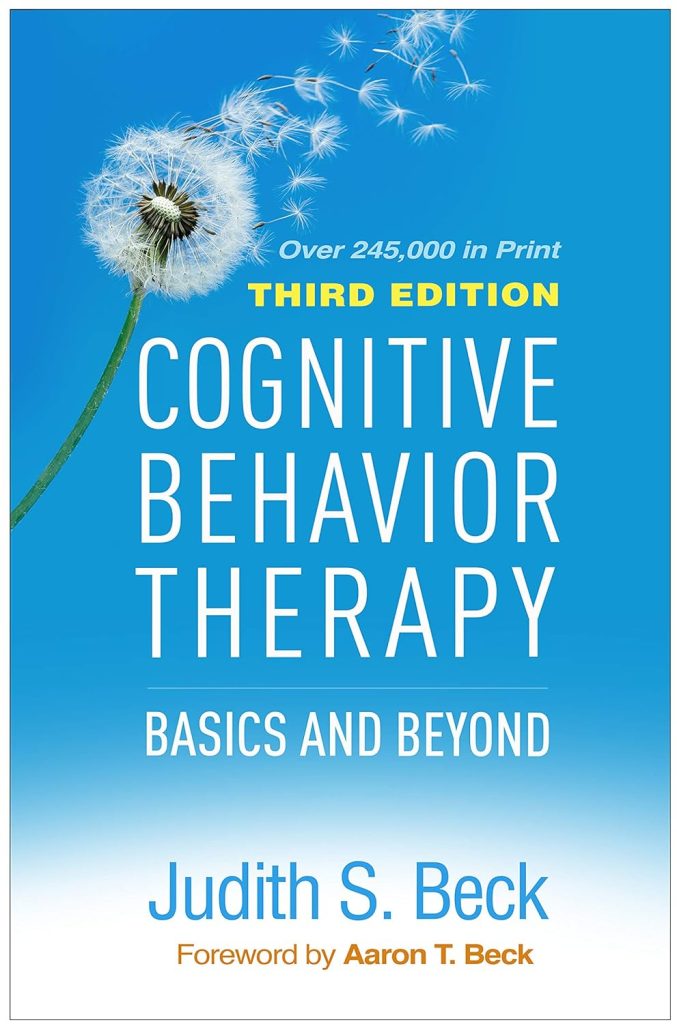
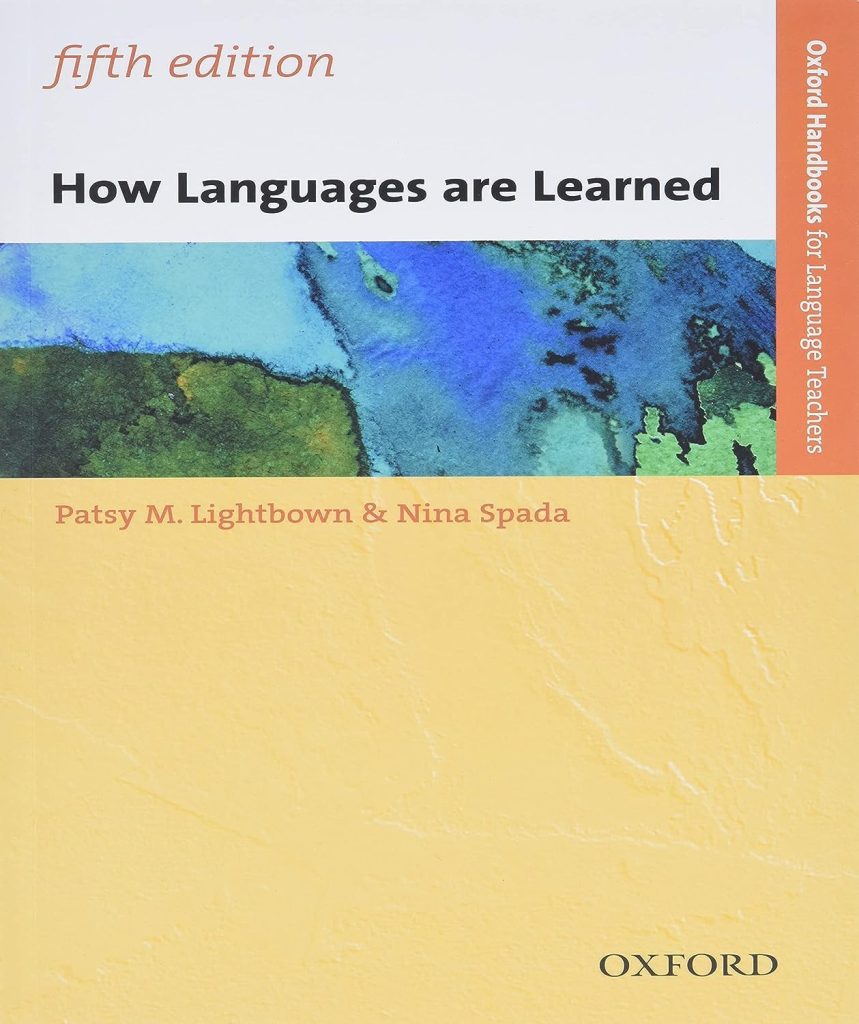
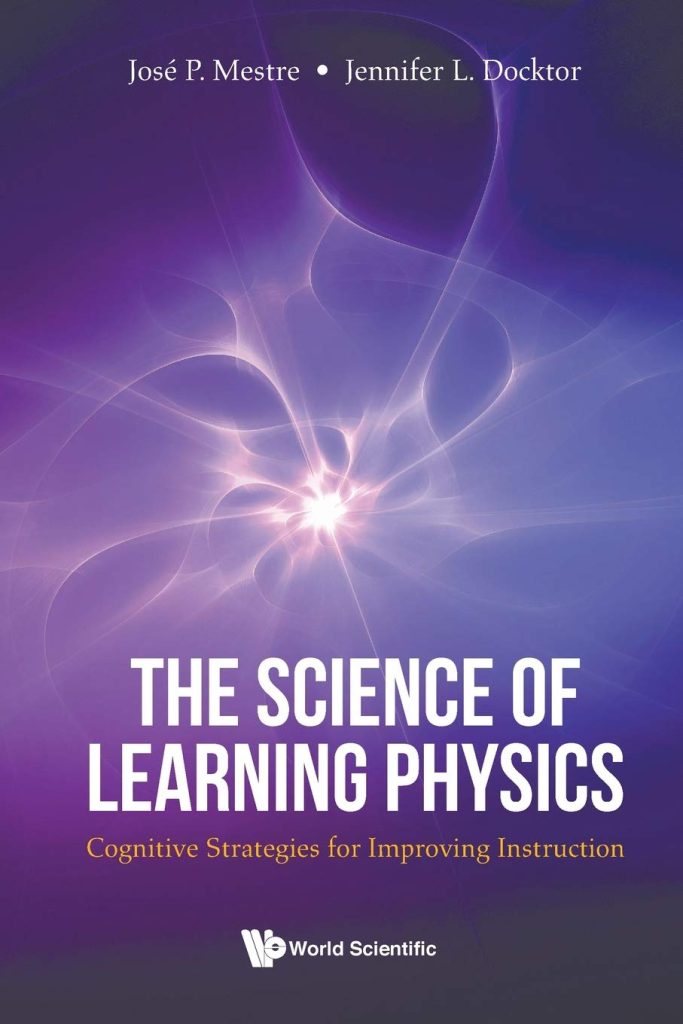
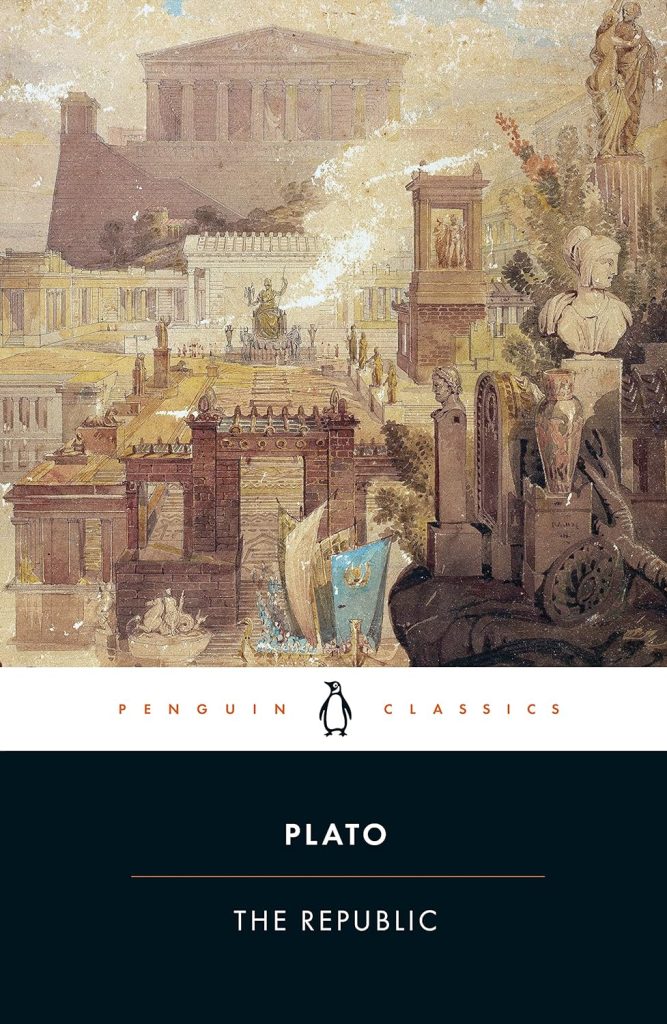
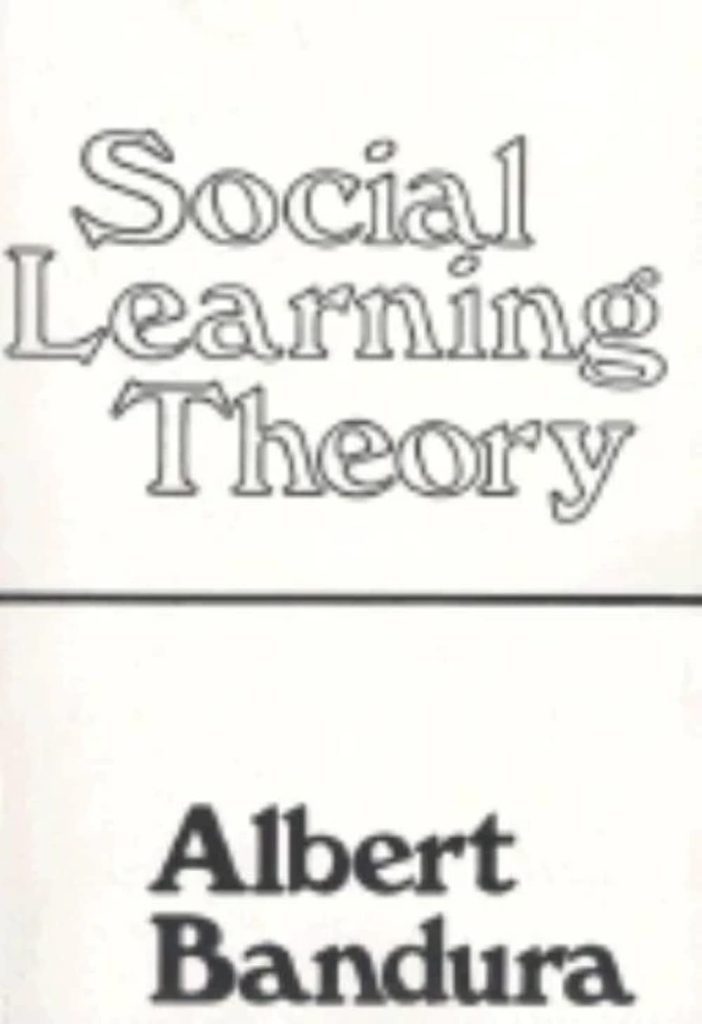
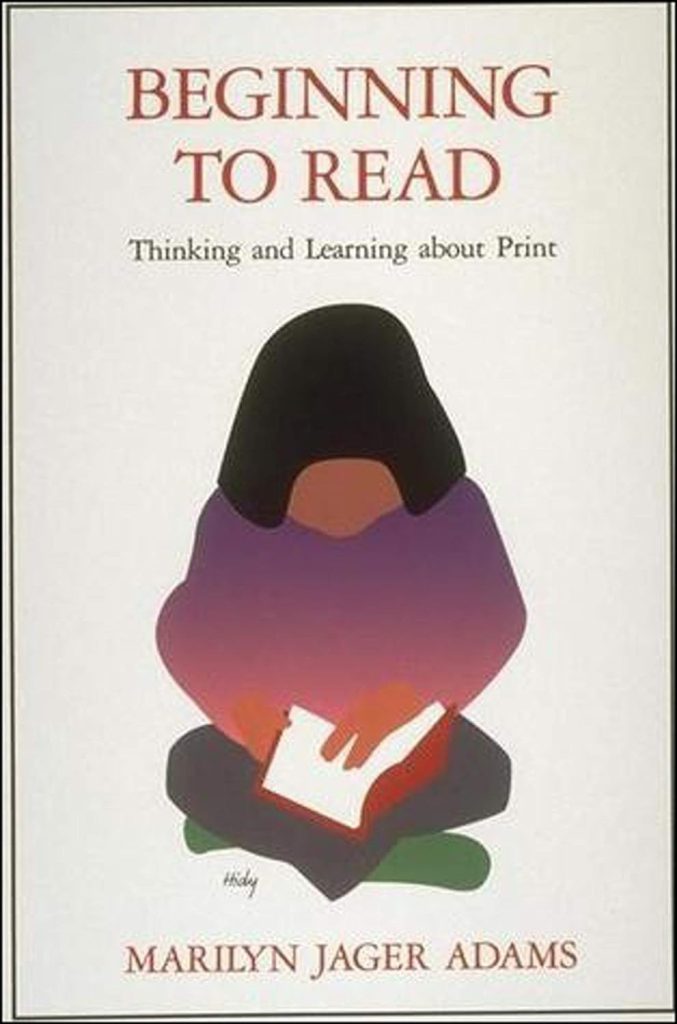
 I'm a Wall Street Journal bestselling author, podcast host, computer programmer and an avid reader. Since 2006, I've published weekly essays on this website to help people like you learn and think better. My work has been featured in The New York Times, BBC, TEDx, Pocket, Business Insider and more. I don't promise I have all the answers, just a place to start.
I'm a Wall Street Journal bestselling author, podcast host, computer programmer and an avid reader. Since 2006, I've published weekly essays on this website to help people like you learn and think better. My work has been featured in The New York Times, BBC, TEDx, Pocket, Business Insider and more. I don't promise I have all the answers, just a place to start.